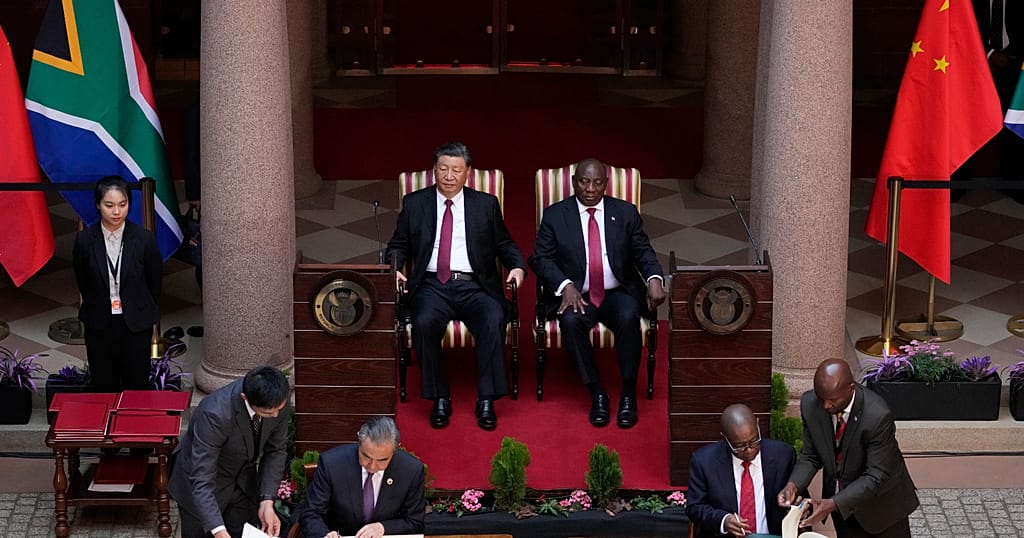Nigeria’s revenue is under threat as oil prices have fallen for the third consecutive day, sparked by doubts over the effectiveness of Russia sanctions and potential output increases by OPEC+. The decline in prices is expected to impact crude-dependent economies, including Nigeria, which had benchmarked $75 per barrel crude oil price in its 2025 budget.
As of Wednesday, Brent crude futures were down 7 cents, or 0.11%, to $64.33 a barrel, while US crude futures fell 7 cents, or 0.12%, to $60.08. The West Texas Intermediate crude futures also dropped, despite a reported decline in US crude, gasoline, and distillate stocks. According to market sources, crude stocks fell by 4.02 million barrels, gasoline inventories dropped by 6.35 million barrels, and distillate inventories fell by 4.36 million barrels.
The drop in oil prices has been attributed to concerns over the impact of US sanctions on Russian oil majors, as well as the possibility of an OPEC+ output increase. Russia has offered to continue supplying energy to its partners, despite the sanctions. Many Indian refiners have paused new orders for Russian oil, awaiting clarity from the government and suppliers, while state-run Indian Oil has stated that it will not stop buying Russian oil as long as it complies with sanctions.
Nigeria’s crude oil production has also been affected, with a drop in production in September 2025 due to a labor strike by the Petroleum and Natural Gas Senior Staff Association of Nigeria. The country’s total production was 1.581 million barrels per day, consisting of 1.39 million barrels per day of crude oil and 191,373 barrels per day of condensates. The Federal Government has announced plans to push for an increase in the country’s OPEC+ quota from 1.5 million barrels per day to 2.06 million barrels per day.
The decline in oil prices poses a significant threat to Nigeria’s revenue, which is heavily reliant on crude oil sales. In the first half of 2025, Nigeria generated ₦5.21 trillion from the sale of crude oil, gas, and other related activities. However, the country’s total crude oil and condensate output between January and August stood at 406.84 million barrels, representing an 18.27% deficit against the 500.58 million barrels projected in the budget for the period. As the global oil market continues to evolve, Nigeria’s revenue prospects remain uncertain.



